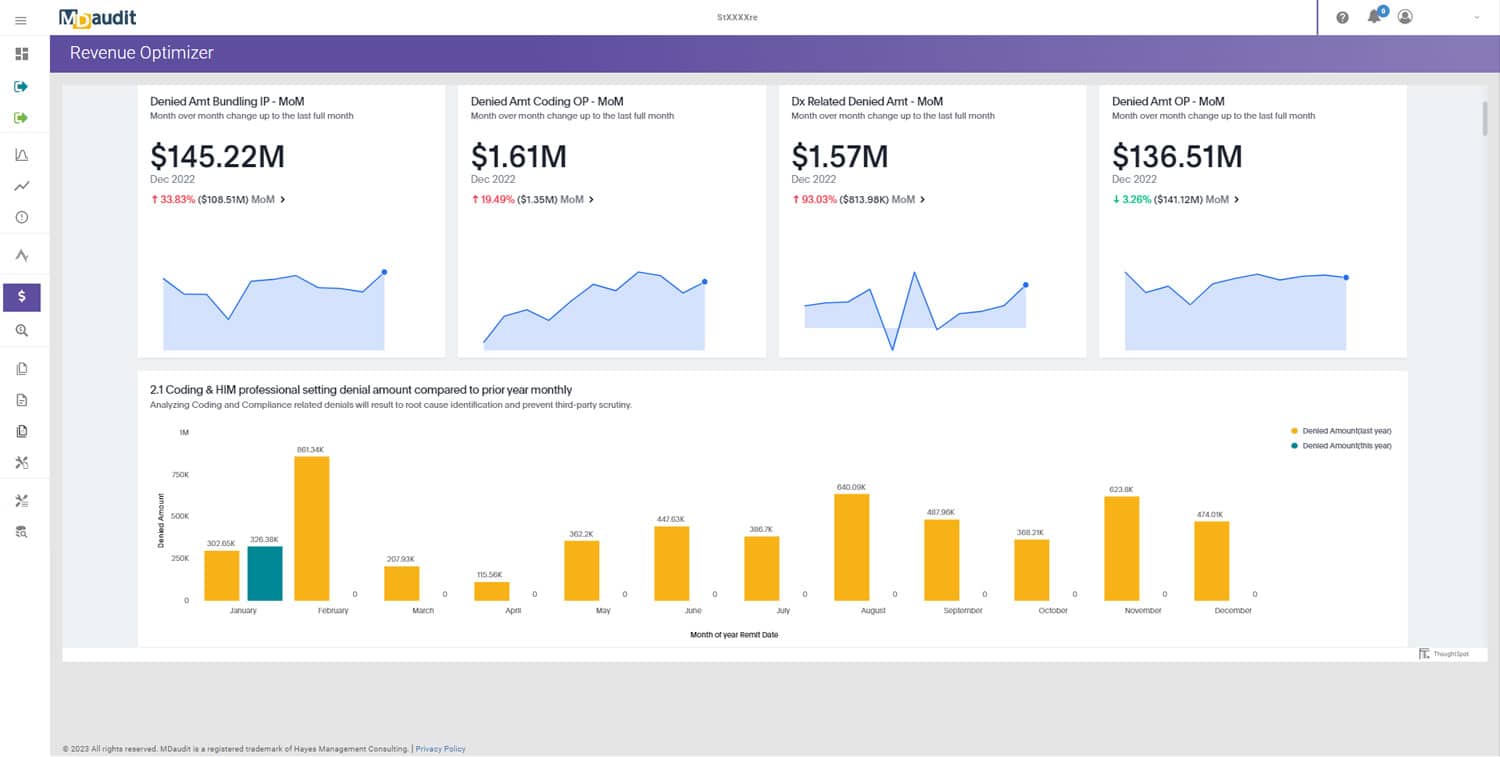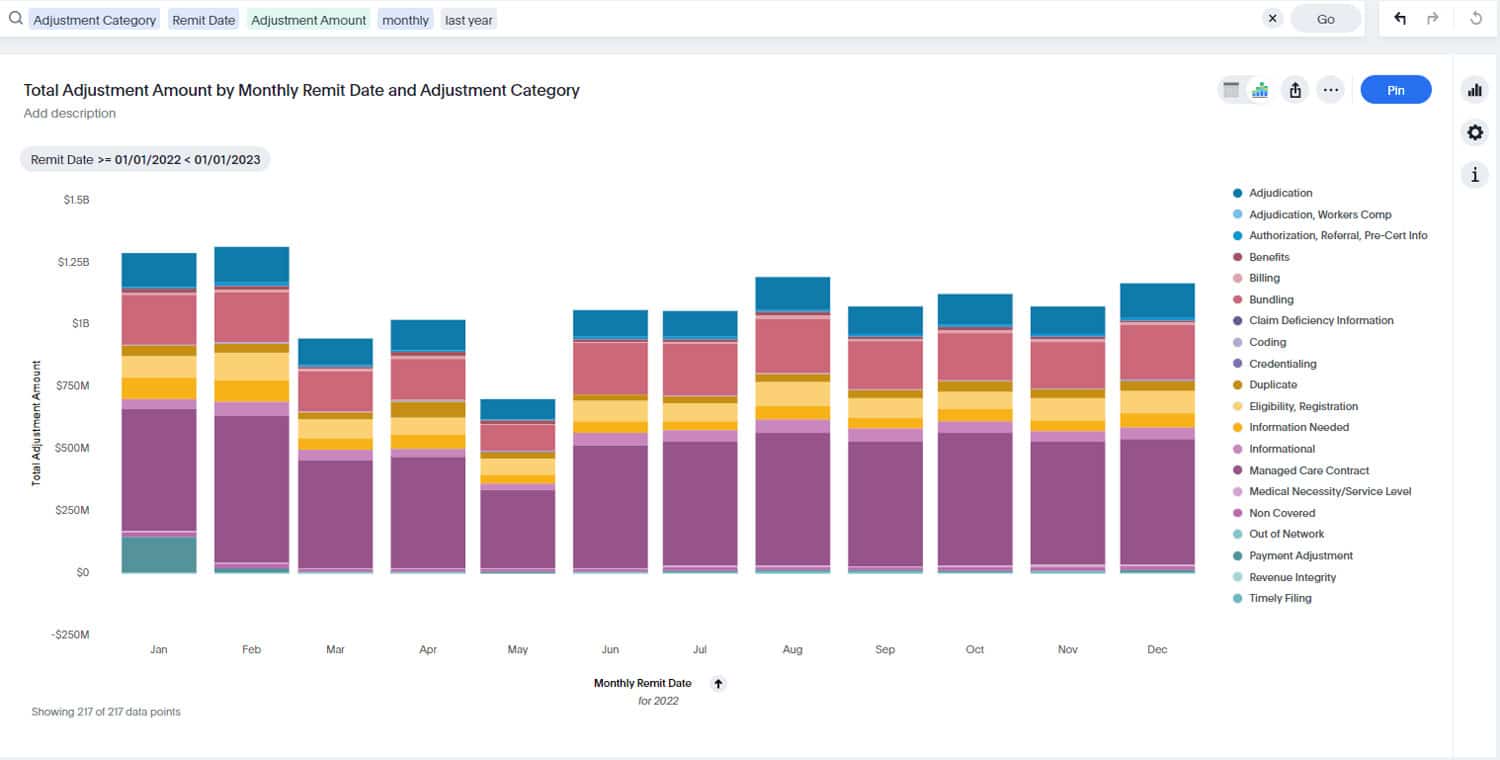MDaudit is featured in ICD10monitor, where CEO Ritesh Ramesh discusses the critical importance of integrating human oversight into artificial intelligence (AI) applications within healthcare revenue cycle management (RCM). In the article titled “Effective AI in Healthcare RCM Requires a Human Touch,” Ramesh highlights that while AI significantly enhances productivity—enabling compliance and revenue integrity departments to reduce team sizes by a third while increasing audit activities by 10% compared to 2022—the promise of fully autonomous systems remains unfulfilled. He attributes this gap to software vendors focusing on technology without adequately understanding the targeted workflows and human touchpoints, leading to ineffective AI integration and end-user adoption.
Ramesh emphasizes that human intervention is essential to overcome deficits in accuracy and precision, the toughest challenges with autonomous AI. He notes that poorly trained AI tools used in prospective claim audits might miss critical instances, resulting in significant financial repercussions for healthcare organizations. By keeping humans in the loop, organizations can enhance outcomes and avoid the pitfalls of poorly designed solutions. This perspective underscores MDaudit’s commitment to integrating AI solutions that complement human expertise, ensuring that technology serves as an aid rather than a replacement in complex healthcare financial operations.
Read the full article here: Effective AI in Healthcare RCM Requires a Human Touch







